
The Frenchman brought together some of the most talented players who together produced some exceptional football thanks to their flair, young age and entertaining style of play.
This group of players impressed especially in 2002 when they came in second place at the African Cup of Nations in 2002 before reaching the quarter finals of the World Cup in Japan and South Korea later that year.
But things haven’t been going so well for the Teranga Lions since Metsu left the team. Senegal reached the quarter finals of the 2004 CAN edition and fourth place in Egypt 2006.
Senegal’s away form in the qualifiers has raised eyebrows.
The Teranga Lions who used to eat up all their opponents slumped to a 1-1 draw by Tanzania and a goalless draw by Mozambique 0-0 and a 1-0 defeat from last placed Burkina Faso.
These middling results have caused coach Kasperczak to concede that Senegal are not frontrunners to win the title.
The return of inspirational captain El-Hadji Diouf, along with veterans like Camara, Beye, Sylva, Diop and Diatta will be crucial for the team.
Senegal are expected to finish Group D as runners-up behind favorites Tunisia, but they will have to dispose of a strong South African side and an ambitious Angolan team to do so.
The Teranga Lions can even go as far as the semi-finals if they run into a relatively easy competitor.
Coach: Henri Kasperczak
For over a decade now, Kasperczak has been one of the most prominent coaches in African football.
The Polish-born manager has coached Ivory Coast, Tunisia, Morocco and Mali before taking over the helm of the Teranga Lions.
Kasperczak, who represented Poland as a player in the 1974 and 1978 World Cup finals, made another appearance at the top football competition when he was in charge of Tunisia in the 1998 finals.
Star Player: El-Hadji Diouf
He emerged as one of the World's hottest football prospects after leading Senegal to the 2002 World Cup finals for the first time in their history.
Diouf, who is known for his deft touches and great skills spent the early stages of his football career between French clubs. He started with Sochaux in 1998 and then moved to Stade Rennes and the Lens.
The man nicknamed the ‘Serial Killer’ for his scoring ability really developed his game while playing for Lens. He became an all-around player who creates chances for his teammates, makes bold runs and lethal finishes.
His great form with Lens and impressive showing at the 2002 World Cup finals, which earned him a selection to the World Cup All-Star team, made him a target for all of Europe’s top clubs.
The 27-year-old went on to win the African Footballer of the Year award in 2002 and 2003 thanks to his exemplary form with Senegal.
It was Liverpool who won the race to sign the skillful forward, but their £10 million signing failed to deliver in two seasons with the Reds before being loaned to Bolton in his third season.
His move to Bolton was made permanent in 2005 and the Senegalese international soon cemented his status as a fans’ favorite.
Perhaps Diouf’s biggest flaw is his volatile temper that has caused him to be suspended on more than one occasion.
After claiming international retirement, because of a row with the Senegalese FA, Diouf was lured back to the national side by coach Kasperczak to lead the team in Ghana.
نرشح لكم
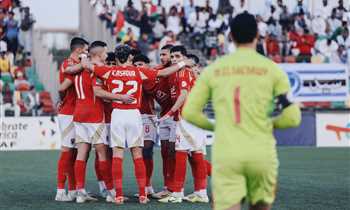
 مصدر من الأهلي لـ في الجول: وفرنا المستندات.. وفي انتظار استخراج التأشيرات لجنوب إفريقيا
مصدر من الأهلي لـ في الجول: وفرنا المستندات.. وفي انتظار استخراج التأشيرات لجنوب إفريقيا
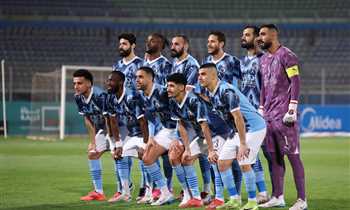
 تصل للجهاز الفني.. في الجول يكشف تفاصيل أزمة تأشيرات بيراميدز قبل السفر لجنوب إفريقيا
تصل للجهاز الفني.. في الجول يكشف تفاصيل أزمة تأشيرات بيراميدز قبل السفر لجنوب إفريقيا
 مصدر من كاف يكشف لـ في الجول موعد إعادة قرعة أمم إفريقيا للشباب في مصر
مصدر من كاف يكشف لـ في الجول موعد إعادة قرعة أمم إفريقيا للشباب في مصر
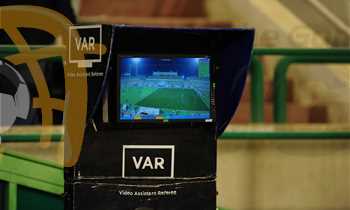 نائب رئيس كاف: نعمل على تطبيق تقنية الفيديو بدور المجموعات
نائب رئيس كاف: نعمل على تطبيق تقنية الفيديو بدور المجموعات
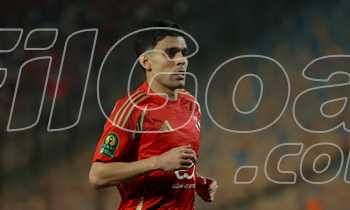
 مصدر من الأهلي لـ في الجول: نعمل على إتمام إجراءات سفر بنشرقي وجراديشار إلى جنوب إفريقيا
مصدر من الأهلي لـ في الجول: نعمل على إتمام إجراءات سفر بنشرقي وجراديشار إلى جنوب إفريقيا
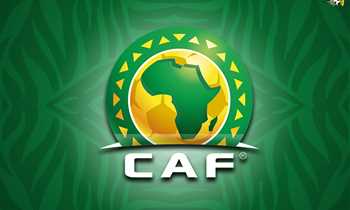
 مصدر من كاف لـ في الجول: قررنا إعادة قرعة أمم إفريقيا للشباب.. وموعدان مقترحان
مصدر من كاف لـ في الجول: قررنا إعادة قرعة أمم إفريقيا للشباب.. وموعدان مقترحان

 تونس تعلن مشاركتها ببطولة أمم إفريقيا للشباب في مصر
تونس تعلن مشاركتها ببطولة أمم إفريقيا للشباب في مصر
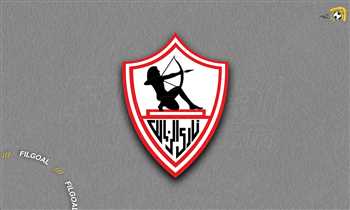
 مصدر من الزمالك لـ في الجول: استقالة مجلس الإدارة غير مطروحة.. والهروب يضر النادي
مصدر من الزمالك لـ في الجول: استقالة مجلس الإدارة غير مطروحة.. والهروب يضر النادي













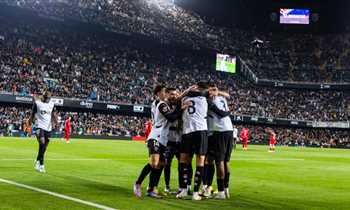

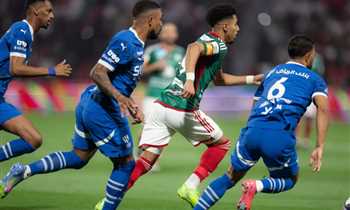
 الهلال يواصل نتائجه السلبية بتعادله مع الاتفاق.. والأهلي يفوز على الرائد
الهلال يواصل نتائجه السلبية بتعادله مع الاتفاق.. والأهلي يفوز على الرائد


































